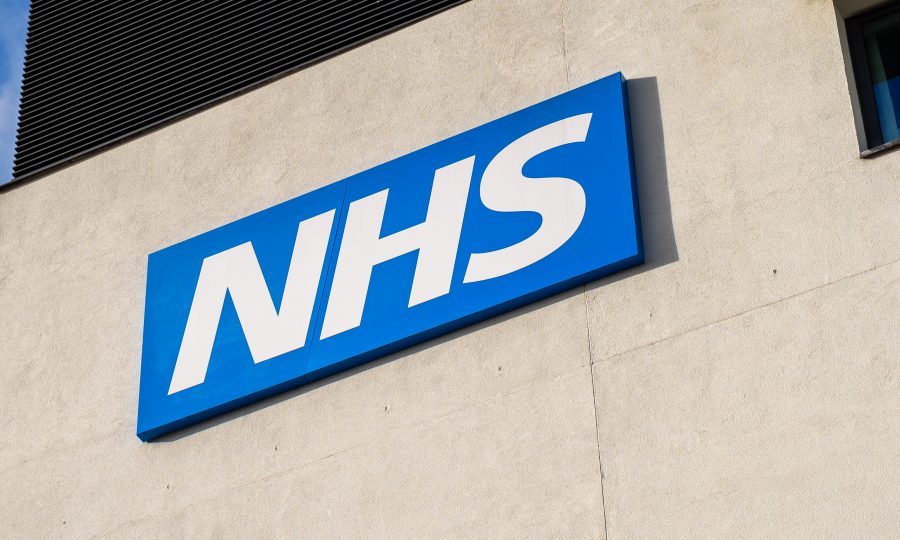
The proverbial hit the fan this week when the BBC got hold of minutes of a meeting of Scottish NHS bosses discussing whether “the wealthy should pay for treatment” when the possibility of a “two-tier” service was mentioned in a meeting of senior officials in September.
But First Minister Nicola Sturgeon dismissed the leaked document and was emphatic in her response: “The founding principles of the National Health Service are not up for discussion. It is democratically elected governments who decide the policy basis of the NHS.”
During the meeting, it was also suggested targets should be set to discharge patients within 23 hours and a reform of long-term drug prescriptions undertaken, but Sturgeon strongly refuted any idea that care shouldn’t be free at the point of use, a principle which is fundamental to our health care in Scotland and the rest of the UK.
A lot of people were upset that these ideas were even being talked about and thought the story was an attack on the SNP. But the fact this was being discussed at all surely highlights how worried bosses are about the current state of affairs.
And that’s not just their opinion. Earlier in the year, government watchdog Audit Scotland warned “the health service will require reform if it is to be financially sustainable”. There is a reported £1 billion black hole in the books.
We’ve recently seen the worst emergency department waiting times, amid warnings of the most challenging winter the service has ever faced. The Royal College of Emergency Medicine has estimated long waits have contributed to hundreds of avoidable deaths.
Admitting that isn’t an attack on any government, it’s just stating the facts and, as Scots ministers point out, the situation appears to be even worse south of the border. We heard this week of a 16-year-old boy being referred to a urology ward for an appointment and being told he’d have to wait two and a half years to be seen.
The teenager’s dad thought there was a typo in the paperwork when it said June 2025. The Shrewsbury & Telford Hospital NHS Trust said the wait was “unacceptable” but recruitment issues and the “ongoing impact of Covid” were part of the problem. It’s shocking.
We are now officially in a recession; we have soaring inflation and we’re in the middle of a cost of living crisis.
As one commentator put it on Twitter, we should be worried if the people who run the service aren’t doing some serious “blue sky thinking” about what should be done. Many things are said behind closed doors that are never expected to see the light of day.
I don’t think anyone disagrees that some big reforms are needed to make our NHS fit for the years ahead and sometimes throwing money at a problem isn’t enough.
I’m sorry to be full of doom and gloom here, but we’re also facing an energy crisis that needs some radical thinking. And scientists have definitely been thinking outside of the box on that issue.
They’re investigating the possibility of beaming electricity wirelessly from orbit into millions of homes here on earth. The European Space Agency is on the verge of giving the green light to a three-year study to see if having huge solar farms in space could work and be cost effective.
The idea of giant solar panels orbiting the earth generating as much energy as a nuclear power plant sounds like the stuff of science fiction, but it may become a reality.
The scientists behind the plan say that as energy crises shift and unfold it could eventually be a game-changer, but they warn it will be a “logistical challenge.”
An understatement if ever I’ve heard one.

Enjoy the convenience of having The Sunday Post delivered as a digital ePaper straight to your smartphone, tablet or computer.
Subscribe for only £5.49 a month and enjoy all the benefits of the printed paper as a digital replica.
Subscribe